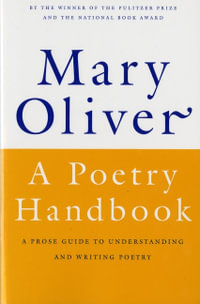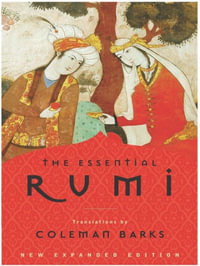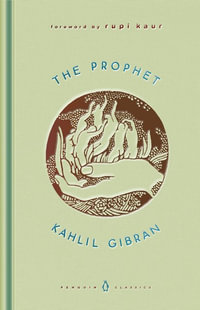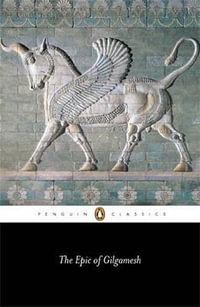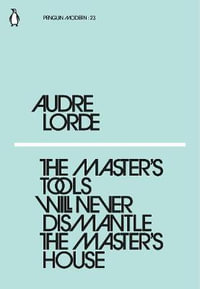Reading Roy Chowdhury's poems that smell of his thought-ridden soul-his anguished response to the holocaust of the Partition (in Bhatiyali), his painful awareness of a poet's predicament in today's society and refusal to conform to pre-conditioned roles (in Bibhas) or his interpretation of relationships as an intimate experience such as those of water-droplets caressing the body while bathing (as in Ashram)-all these arouse us, his readers, as it possibly did Kiriti, to the intense thrill of a life beyond...of a life where every moment encompasses myriad lives, some colored as dark as pain, and some as mysterious as evening rain. Sengupta's bold attempts have not only succeeded in unraveling some layers of meaning Roy Chowdhury's poems contain in themselves but also compressed some meanings of his own in the process of reading, re-interpreting, translating and trans-creating some poems. - Ink Sweat and Tears (Rumpa Das)
Bibhas's voice pulsates with an undercurrent of passion...it is melancholic yet inflected with hope...pithy in words but loaded with sensitivity...it is a reflection of the loneliness of the poet's heart and its aches-Bibhas' poetry is enigmatic with a near-mystical aura to it as he puts into words his innermost emotions about life, love, nature and other poets. He connects with both worlds-that of matter and of spirit to find and define the meaning and balance in life. His language is fragmented at times when all he has are shards of pain to be expressed. - Fox Chase Review (Shernaz Wadia)
The poetry of Roy Chowdhury is replete with socio-cultural nuances, belonging particularly to the Bengali language, which is naturally delicate and tender. There is always a risk that when such culturally loaded Bengali words are translated into a vigorous code like English, it may degenerate into what American translation theorist Lawrence Venuti describes as "a second-order representation." However, Dr. Kiriti Sengupta attempts the uphill task of translating the poetry of Bibhas Roy Chowdhury in his own liberal way while retaining the quintessential spirit without merely syntactically or lexically transforming source language (SL) to target language (TL). Indeed, what Sengupta does in his magnum opus Poem Continuous is an empowering and nourishing act, an act of affirmative play, an ©lan vital that not only ensures the survival of Roy Chowdhury's poetry but also encourages not remaining confined in local contours and gain a world platform to speak, a lingua franca to link by targeting a global readership. - Muse India (Tuhin Majumdar & Udayan Gautam)
A sense of bereavement haunts Bibhas; the verses bear solemn silence and a delicate touch, where emptiness is part of our existence. Bibhas Roy Chowdhury's poems present a panoramic vision of our country: poverty-stricken India, a sense of alienation after the Partition of Bengal, fidelity of human relationships. Translator Kiriti Sengupta has tried to feel the essence of the poems, and his translation has focused on new arenas of poetry, keeping in perfect consonance with the original. A translator is a creator, and Sengupta's translations are the offspring of love's labor. - World Literature Today (Devika Basu)


